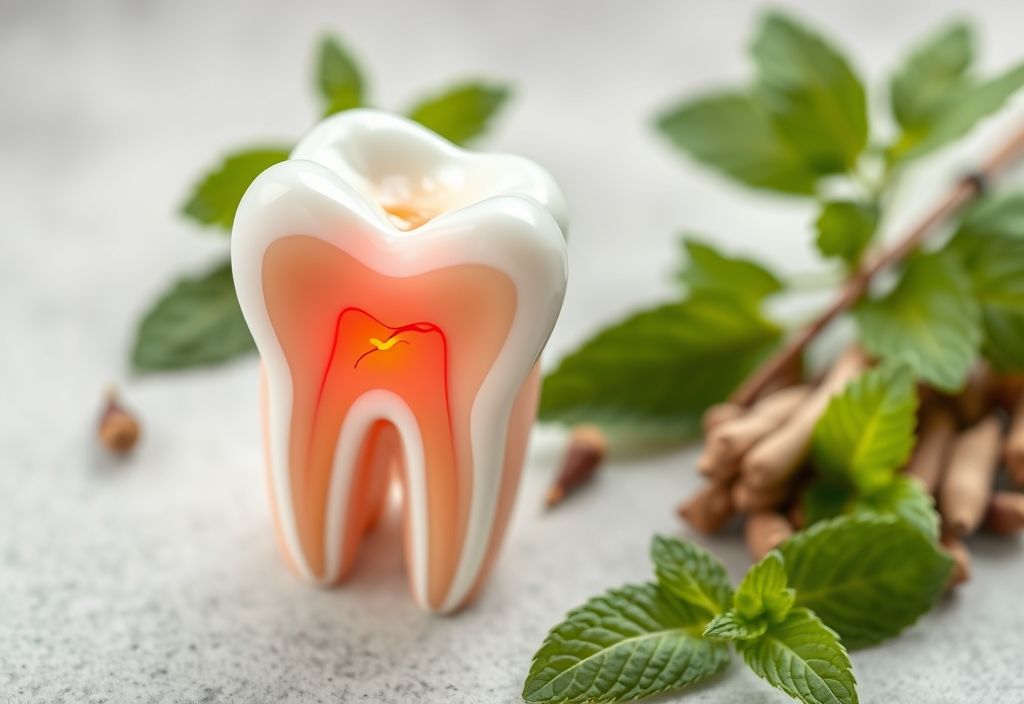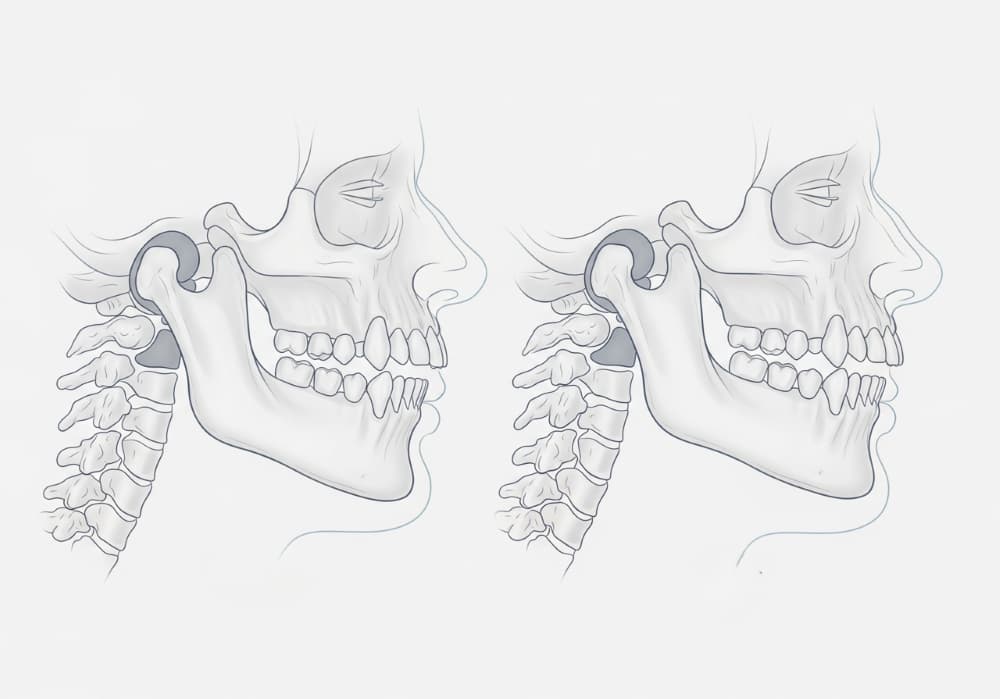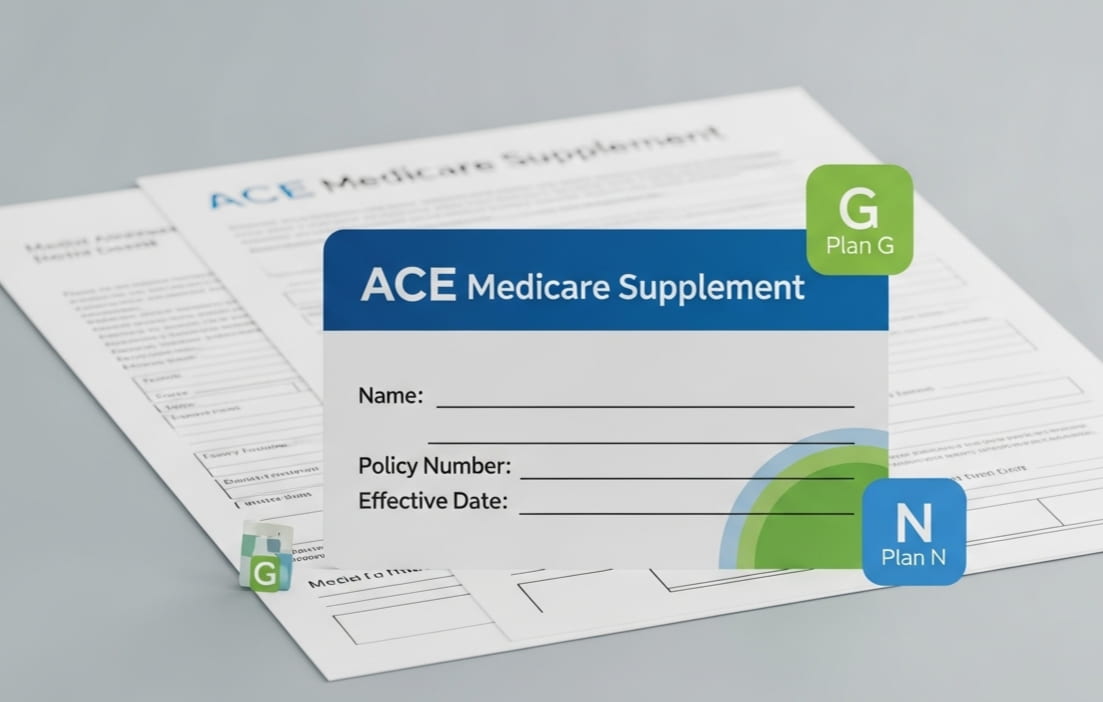If you have ever been awakened by sharp, throbbing tooth pain, you know how desperate and exhausting it can feel. Sleepless nights, struggling to eat, and the constant discomfort can make even a few minutes unbearable. Many people type “kill tooth pain nerve in 3 seconds permanently,” hoping for a quick fix.
The truth is, permanent relief in seconds at home is not possible. However, you can achieve fast, temporary relief that eases the pain until a dentist treats the underlying problem. Don’t worry; the remedies and techniques shared here are safe, effective, and guided by dental best practices.
Can You Kill a Tooth Pain Nerve in 3 Seconds Permanently
The straightforward answer is no. There is no safe home method to kill a tooth nerve permanently in seconds. Tooth nerve pain usually comes from decay, infection, or trauma. If left untreated, these issues can lead to swelling, spreading disease, and even more serious complications. That’s why professional treatment is always necessary.
Dentists remove nerve pain permanently through procedures such as a root canal, where the infected pulp (the soft inner tissue of the tooth that contains nerves and blood vessels) is cleaned out and sealed, or an extraction when the tooth cannot be saved. Both treatments stop the nerve from sending pain signals to the brain, giving lasting relief.
Home remedies can numb the pain or reduce inflammation, but do not eliminate the cause, which is why the pain often returns. Home care is helpful for temporary relief, but the only way to end tooth nerve pain permanently is through dental treatment. It’s also important to note that trying to kill a tooth nerve on your own using chemicals, burning, or drilling can be hazardous and should never be attempted.
Fast Home Remedies That Work for Tooth Nerve Pain
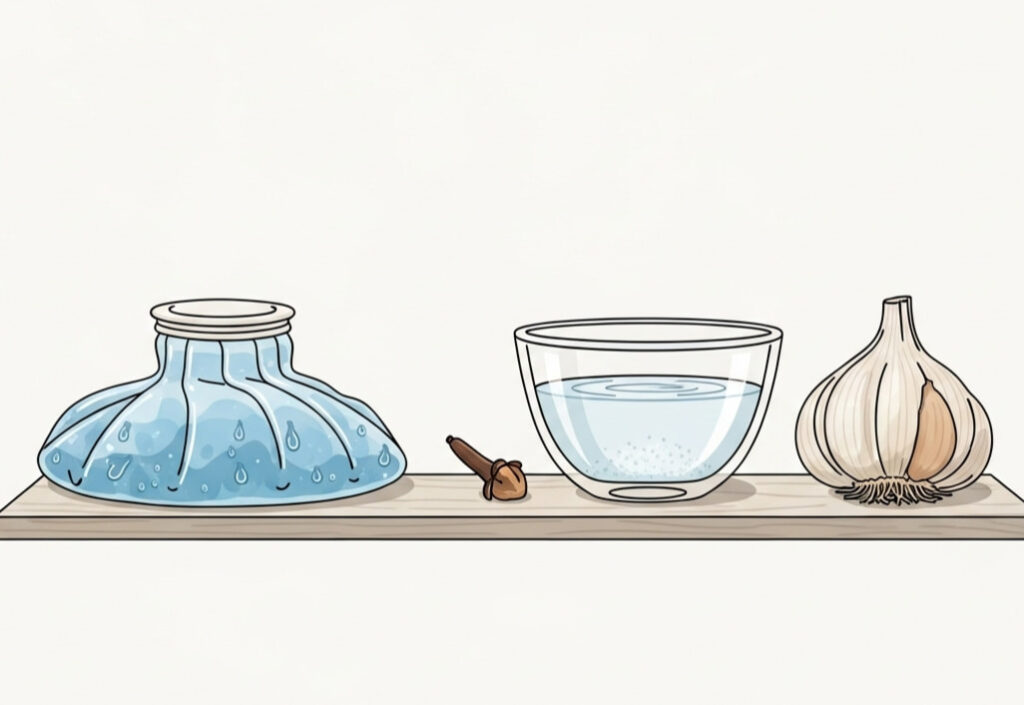
While permanent relief needs a dentist, simple methods ease nerve pain within minutes. These remedies calm inflammation, reduce bacterial growth, or numb the affected area. Some work instantly, while others provide gradual comfort.
Clove oil (Quick numbing relief)
Clove oil contains eugenol, a natural compound with numbing and antibacterial effects. Dab a small amount on a cotton ball and place it on the painful tooth. Use sparingly because too much can irritate gums. It works within minutes for sharp pain.
Cold compress (Quick relief)
Hold a cold pack or wrapped ice outside your cheek for 15 minutes. This reduces swelling and slows pain signals from the nerve. Provides immediate relief, though the effect may fade once the cold is removed.
Saltwater rinse (Gradual soothing relief)
Dissolve half a teaspoon of salt in a glass of warm water. Rinse your mouth for 30 seconds before spitting it out. This simple step helps reduce bacteria and soothes irritated tissues. Relief builds gradually with repeated use.
Garlic paste (Gradual relief + antibacterial)
Crush a clove of garlic and apply it gently to the sore tooth. Garlic has natural antibacterial properties and provides mild numbing. Works slower but can help reduce discomfort over time.
Hydrogen peroxide rinse (Gradual soothing relief)
Mix equal parts of 3 percent hydrogen peroxide and water. Swish gently in your mouth, then spit it out without swallowing. It helps reduce bacteria and supports gum healing. Don’t use daily or in high concentrations, as it may irritate tissues.
Over-the-counter pain relief (Quick and effective)
Medications such as ibuprofen or acetaminophen are effective for reducing pain and inflammation. Always follow the recommended dosage on the label. Ibuprofen is usually more effective for inflammation-based pain, while acetaminophen works well for general pain. Sometimes dentists recommend alternating or combining them, but only under professional guidance.
Extra natural hacks
- Onion: Placing a small piece on the sore tooth can reduce bacteria and ease pain.
- Peppermint tea bag: Slightly warm or chilled peppermint tea bags can calm sensitive areas and provide a soothing effect.
During travel, a sudden toothache left clove oil as my only option. It eased the pain enough to get through the night, but returned the next day, reminding me that home remedies are temporary and a dentist is needed for a permanent fix.
These methods do not replace professional care but make the pain manageable until you can see your dentist.
How to Stop Tooth Pain at Night
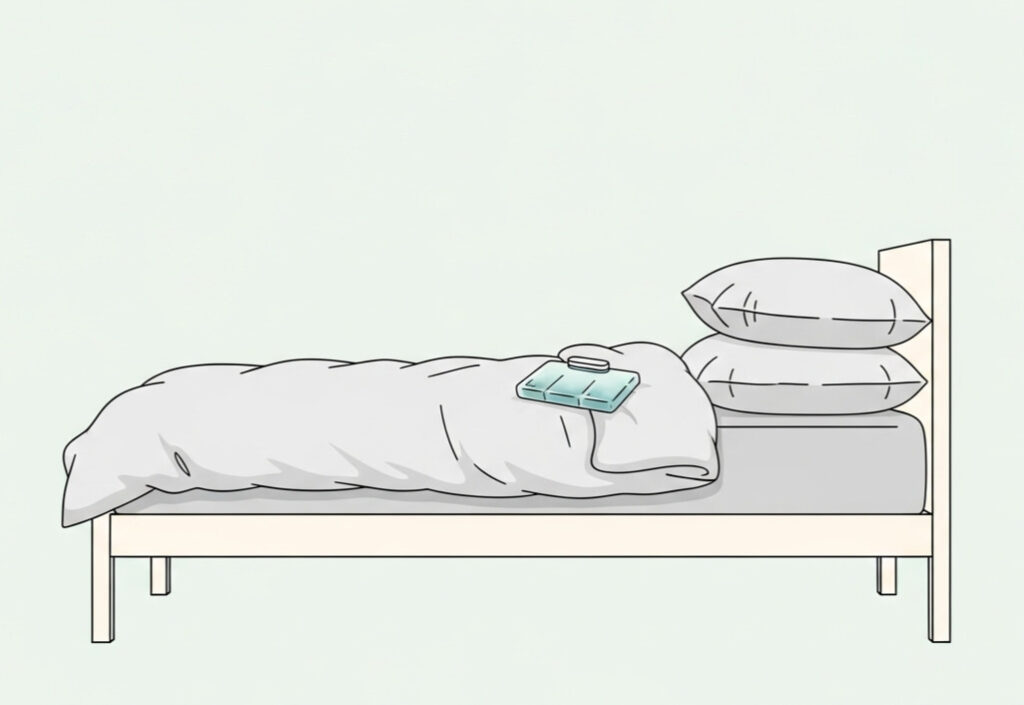
Tooth nerve pain often feels worse at night. Blood flows more to the head when you lie down, increasing pressure around the affected tooth. This makes it harder to fall asleep, and it’s frustrating to toss and turn because of the constant throbbing. Lack of sleep can even worsen the pain, so finding ways to get short periods of relief really matters.
- Keep your head elevated: Rest on an extra pillow so your head stays higher than your body. This reduces blood flow to the mouth and lowers pressure on the tooth nerve. If stacking pillows feels uncomfortable, sitting in a recliner chair with your head slightly upright can also help.
- Avoid trigger foods: Avoid hot, cold, or sugary foods and drinks before bed. They can irritate exposed nerves and cause sharp pain.
- Rinse before sleep: Before going to bed, use a warm saltwater rinse or a diluted hydrogen peroxide rinse. This cleans the mouth, reduces bacteria, and provides short-term relief.
- Cold compress before bedtime: Apply a cold pack on the outside of your cheek for a few minutes before you sleep. This numbs the area and makes it easier to rest.
- Pain medication if needed: Take an over-the-counter pain reliever 30 minutes before lying down if the pain is strong. Always avoid overuse, follow the dosage instructions on the label, and never mix medications without your doctor’s advice.
- Extra quick hack: A warm peppermint tea bag placed gently near the sore tooth can calm the nerve and help you relax before sleep.
One night, my toothache kept me awake for hours. Stacking pillows didn’t help, but holding a warm peppermint tea bag near the aching tooth gave just enough comfort to sleep for a few hours, making a big difference the next day.
Nighttime pain is a clear sign that the tooth nerve is inflamed. These steps will not cure the problem, but can help you rest until you visit your dentist.
Pressure Points and the 3 3 3 Rule for Toothache
Some people look for quick relief using pressure points or simple techniques. These methods do not cure the cause but can temporarily distract the brain from the pain. Relief usually lasts only a few minutes, but it can make the pain more bearable.
Which finger to press for a toothache
Traditional acupressure suggests pressing the point between your thumb and index finger. Hold it firmly for a minute, then release. Some people report temporary relief because the brain shifts focus from the tooth nerve to the hand pressure. These pressure points are safe to try and don’t cause harm if done gently.
The 3 3 3 rule for toothache (step by step)
- Take three deep breaths to relax your body.
- Press the pressure point between the thumb and index finger for three minutes.
- Rinse your mouth with warm saltwater three times.
This simple method combines relaxation, acupressure, and cleansing. While not a medical cure, it can provide short comfort when pain overwhelms.
These techniques are safe to try at home but should not replace dental treatment. If pain is unbearable or lasts more than two days, it is essential to see a dentist quickly.
Listerine Myths and What Not to Do for Tooth Nerve Pain
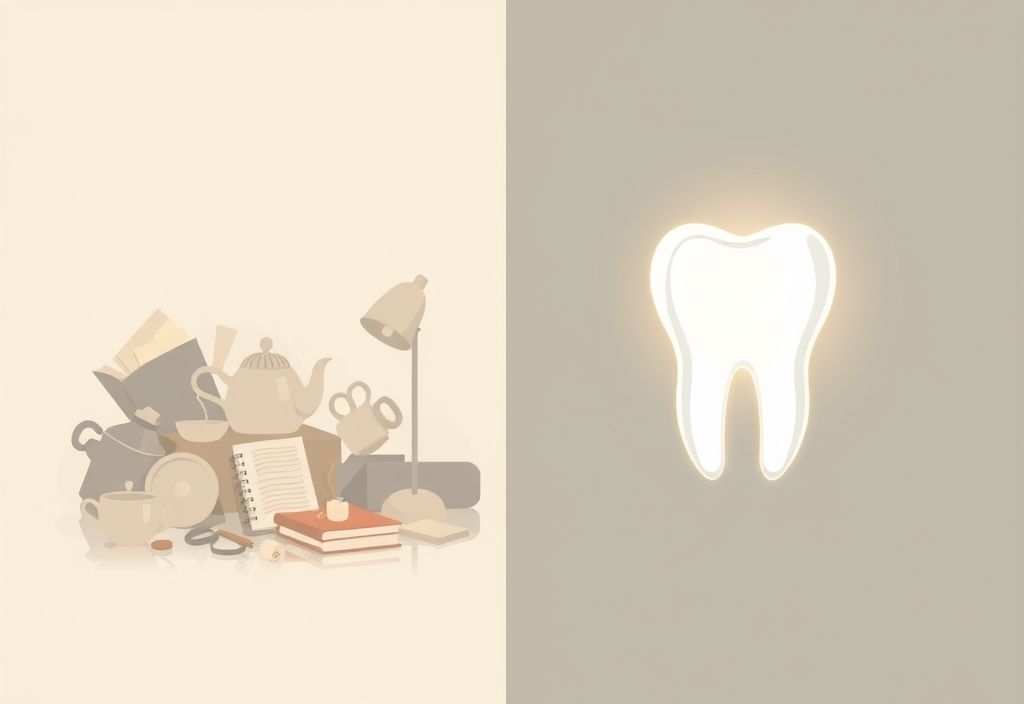
When the pain is intense, people often try whatever is in their bathroom cabinet. Listerine is a common choice, but its effect is limited.
Does Listerine kill a tooth nerve?
Listerine contains alcohol and essential oils that reduce bacteria in the mouth. Rinsing with it may create a cooling or numbing feeling, but it does not kill the tooth nerve. Relief is short and only masks the problem. While Listerine helps with gum health and bad breath, it cannot reach deep enough inside the tooth to affect the nerve.
Why home nerve killing is unsafe
Trying to burn, drill, or damage a nerve at home is dangerous. These methods can cause severe infection, gum injury, or permanent damage to your mouth. Using the wrong substances can actually make the disease spread faster.
What not to use
Avoid applying strong chemicals like bleach or household cleaners to your tooth. These are toxic and will harm surrounding tissues. Also, do not keep aspirin directly on the gum, as it can burn soft tissue instead of helping the tooth. Aspirin can be helpful when swallowed in proper dosage as medicine, but it should never be applied directly to the gum.
The safest home remedies, such as saltwater rinses, clove oil, or cold compresses, are natural and gentle. Anything more substantial should be left to professional dental care.
What to Do When Tooth Pain Becomes Unbearable
When tooth pain feels impossible to manage, the goal is to calm the nerve and prevent infection from spreading until you reach a dentist.
- Control the pain: Take an over-the-counter pain reliever such as ibuprofen or acetaminophen. Always follow dosage instructions, avoid overuse, and never combine medications without doctor advice. If pain is unbearable, it usually means infection has reached the nerve — home remedies alone won’t fix it.
- Keep the mouth clean: Rinse with warm saltwater every few hours. Avoid sugary snacks or drinks. Use clove oil or garlic paste carefully; do not apply chemicals or strong substances.
- Cold therapy: Apply an ice pack to the outside of your cheek in 15-minute intervals to ease swelling and slow nerve signals.
- Call your dentist quickly: If swelling spreads to the face or neck, or if you develop a fever, seek emergency care immediately.
I once had such unbearable pain that I couldn’t sleep until I applied clove oil carefully and followed up with a visit to the dentist the next morning. Even short relief can make a big difference until professional care.
Permanent Solutions by Dentists
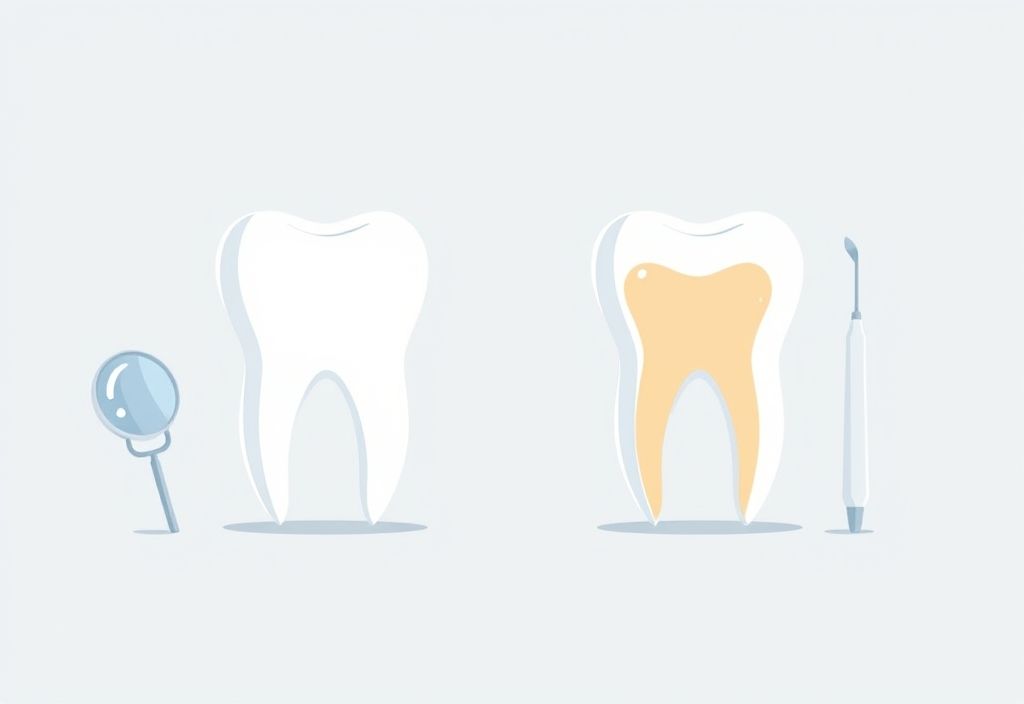
Temporary remedies help you manage pain, but permanent relief requires professional dental care. Delaying professional care can worsen the infection or lead to more invasive procedures.
Root Canal Treatment: A root canal removes infected or inflamed pulp inside the tooth. The dentist cleans and seals the canal, stopping the nerve from sending pain signals. Most treatments have a straightforward recovery, but some discomfort may last a few days. I got a root canal once and was pain-free the same day.
Extraction: Extraction is the only permanent solution if a tooth is too damaged or infected to be saved. Removing the tooth ends nerve pain completely. Dentists can discuss replacement options such as implants or bridges.
Fillings and Crowns: For less severe decay or cracks, fillings or crowns protect the nerve and prevent future pain. These treatments preserve the tooth and maintain long-term oral health.
Feeling anxious about dental procedures is normal, but they are the safest way to end tooth nerve pain permanently. Visiting a dentist ensures immediate relief and prevents complications like abscesses, infection spreading, or further tooth loss.
Conclusion
Tooth nerve pain is intensely uncomfortable, and the instant search for permanent relief is understandable. While no home remedy can kill the nerve in seconds, practical steps to ease pain quickly include clove oil, cold compresses, saltwater rinses, and gentle pressure points. Even small steps like clove oil or a cold compress can make a big difference while waiting for professional care.
The only way to stop nerve pain permanently is through professional dental treatment. Root canals, extractions, and protective restorations address the root cause and prevent recurring pain. Check Section 6 for steps when pain is unbearable.
Using safe home remedies to manage discomfort and seeking timely dental care can relieve immediate suffering and ensure long-term oral health. I’ve found that using clove oil before bed helped me sleep through a toothache. With these strategies, you have a clear plan to handle tooth nerve pain effectively and safely.
FAQs
How to stop tooth nerve pain asap
Use a combination of home remedies, such as clove oil, cold compress, and saltwater rinse. Over-the-counter pain relievers help calm inflammation. Pressure points, such as the space between your thumb and index finger, can provide temporary relief.
What is the 3 3 3 rule for a toothache?
The 3 3 3 rule combines relaxation, acupressure, and cleansing: take three deep breaths, press the thumb‑index finger point for three minutes, then rinse your mouth with warm saltwater three times. This provides short-term comfort when pain spikes.
Which finger to press for a toothache
Press the webbing between your thumb and index finger. Strict pressure can help reduce pain perception by shifting the brain’s attention.
What to do when tooth pain is unbearable
Take an over-the-counter pain reliever, rinse your mouth with saltwater, use cold compresses, and apply clove oil carefully. Contact a dentist immediately if pain is extreme or accompanied by swelling, fever, or difficulty swallowing.
